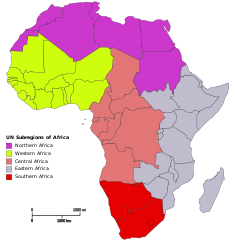It is not an easy time for journalists all over the world, especially with the discoveries of surveillance on citizens, which includes journalists and their sources.
ECOWAS Network of Science Journalists hereby share a guide, written by a seasoned journalist to guide and protect journalists' work and fulfill their mission.
The guide specifically authored for the benefits of online journalists focus on privacy and attendance.



